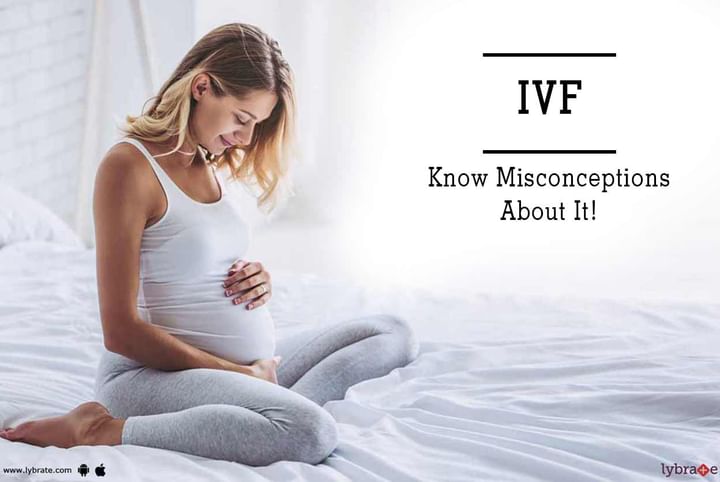Get the App
For Doctors
Login/Sign-up
Last Updated: Dec 15, 2019
BookMark
Report
IVF - Know Misconceptions About It!
Dr. Deepti Nitin GuptaIVF Specialist • 17 Years Exp.MBBS, Diploma in Obstetrics & Gynaecology, DNB (Obstetrics and Gynecology), Fellowship in Reproductive Medicine, Master in ART and Reproductive Medicine, Diploma - Advance Gynecological Endoscopy
IVF or In-vitro fertilization is a procedure in which a woman’s egg is taken out of her body and infused with the sperm in a medical laboratory. This is an artificial method of fertilization, which can help people overcome a range of issues stopping them from becoming biological parents to their child. However, as is the case with many modern medical procedures, there exist several misconceptions about IVF and what it does.
Here is a look at some of the myths concerning IVF, which you definitely should not believe.
- IVF is the only option for infertility: This is a misconception among the populace. If you or your partner is diagnosed with a fertility issue, your doctor will suggest many other treatment options prior to suggesting IVF. In-vitro fertilization is used when all other treatment options have failed to produce the desired result or pregnancy. For instance, infertility in women can be caused due to the formation of cysts in the uterus. A simple surgery to remove such cysts may be enough to cure infertility, therefore not needing IVF for pregnancy.
- Insurance covers IVF treatment: Most health insurance does cover the cost of treatment for infertility. However, the IVF procedure is rarely covered by any such insurance. This is because the treatment involves a considerable cost that most insurance companies do not want to deal with. So, before signing on to health insurance, ensure that you and your partner are aware of the treatments covered by the same policy.
- IVF raises chances of having twins or triplets: There is some truth to this myth. During the initial In-vitro fertilization cases, doctors often fertilized two eggs at once and fused them into the mother. This was done because the success rate for such a procedure was lower and doctors hoped that fertilizing two eggs at once would increase the chances of pregnancy. However, modern medicine has advanced quite a bit since then. This has led to clinics implanting only one fertilized egg in the mother, leading to the birth of just one child.
- IVF babies are at greater risk for birth defects: Another misconception that may harbour is that babies born through IVF are rarely healthy. However, this is not true. Birth defects in IVF babies occur at the same frequency as they do for babies born through the natural process. So, people should stop worrying about their children suffering from chronic diseases, just because their mothers have undergone the IVF procedure.
In case you have a concern or query you can always consult a specialist & get answers to your questions!



+1.svg)
